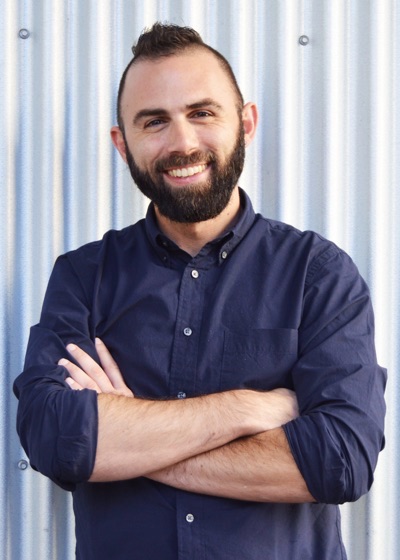Phil Hammack is only partway through an ambitious study of the physical and psychological well-being of LGBTQ youth, and he is already surprised by his observations.
"We have had no problem at all finding high-school aged LGBTQ youth to participate in the research, including transgender youth," said Hammack.
Hammack is reaching out to LGBTQ youth in the San Francisco Bay Area and the Central Valley to understand how local community contexts can exacerbate or ameliorate stressors associated with being LGBTQ.
The willingness of adolescents to participate is an encouraging sign, said Hammack.
"What I'm seeing as a researcher and a teacher is a quiet—or not so quiet—gender and sexual revolution taking place among young people, who are constantly questioning sexual identity labels and categories," he said. "Young people are engaging with this. It's happening everywhere, but the research hasn't documented the nature of this revolution."
Hammack, an associate professor of psychology, was drawn to the question of community impact on well-being when he saw maps of Prop. 8 voting patterns after the 2008 passage of the ban on gay marriage. The Golden State was split in two, he said.
"In the Central Valley, which is overwhelmingly conservative, Prop. 8 passed with more than 70 percent support, while the Bay Area was the exact opposite," said Hammack. How does growing up in a supportive—or hostile—community impact LGBTQ youth, he wondered.
There was another reason to include Central Valley youth in the study: The scholarly literature on LGBTQ youth focuses largely on urban environments, according to Hammack. "The research picture of today's gay youth is omitting voices, especially those growing up in rural areas," said Hammack, whose results will add depth and dimension to the literature.
Half of the youth participating in Hammack's study live in five counties in the Central Valley, and half live in counties in the San Francisco Bay Area (San Francisco was excluded as an "outlier"). The project includes an analysis of publicly available data, including political party affiliation, as well as a survey of more than 300 LGBTQ high school students, and in-depth, in-person interviews with adolescents and adult community leaders.
Hammack, who launched the five-year investigation with support from a W. T. Grant Scholar Award, was just named a 2017-18 fellow of the Center for Advanced Study in the Behavioral Sciences at Stanford University, which will enable him to spend the next year analyzing data and writing up his results.
The CASBS fellowship, established in 1954, supports scholars who are studying contemporary problems and contributing to evidence-based policy and solutions. Hammack is one of 37 fellows selected for the coming academic year.
"Some people say 'We have the internet now, that makes it all good,' but I think the community environment is central to well-being," said Hammack.
He does suspect the internet is influential in one area: speeding the "quiet revolution" in sexual identity Hammack is seeing.
"Young people are questioning categories constantly, and identity labels like 'lesbian,' 'gay,' and 'bi,' are the labels of yesterday," he said.
It's too early to draw conclusions from the data, but Hammack is gratified by the willingness of young people to participate, particularly transgender youth. "Studies of trans youth are almost non-existent," said Hammack. "Surprisingly, the most challenging group to recruit is the most over-represented in the adult literature: cisgender gay males."
The combination of qualitative and quantitative components will be illuminating. "We are listening to them," he said. "We want to be ahead of this. We are not just asking what has been asked before."
Social psychologist Phil Hammack studies well-being of LGBTQ youth
Stanford fellowship will support analysis of survey results



